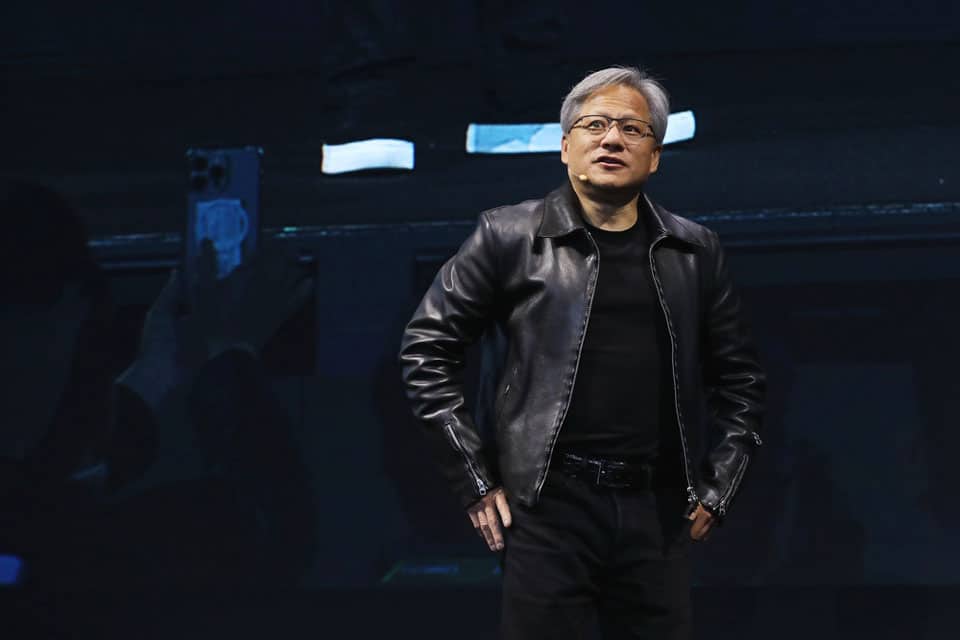Nvidia CEO Jensen Huang: AI Is Key to Combating the Dark Side of AI

Nvidia CEO Jensen Huang believes the most effective way to tackle the harmful uses of artificial intelligence is through more advanced AI itself. Speaking at a Bipartisan Policy Center event in Washington, DC, on September 27, Huang explained that AI would be essential in detecting and countering the rapid generation of fake data and false information. He emphasized that since AI is capable of producing misleading content at unprecedented speeds, equally fast AI systems would be necessary to identify and neutralize such threats.
Huang drew a parallel between AI and cybersecurity, noting that in today’s world, nearly every company faces a constant threat of hacking or cyberattacks. He argued that just as stronger cybersecurity measures are needed to fend off these threats, AI will be crucial in staying ahead of malicious AI actors.
As the United States approaches federal elections, concerns over AI-driven misinformation have heightened. A Pew Research Center survey conducted in September found that nearly 60% of Americans—across both political parties—were highly concerned about AI being used to create false information about presidential candidates. Moreover, around two in five respondents believed that AI would be used “mostly for bad” during the election.
These concerns were further fueled by reports that Russia and Iran were using AI to influence the election, including altering videos of speeches by Vice President Kamala Harris, as disclosed by an official from the Office of the Director of National Intelligence.
During the event, Huang urged the US government to not only regulate AI but also become a key player in its development. He suggested that every government department, particularly the Departments of Energy and Defense, should actively use AI technologies. Huang also proposed the idea of building a national AI supercomputer to advance the country’s capabilities, stating that scientists would eagerly leverage such a resource to develop new AI algorithms for the nation’s benefit.
Huang also speculated on the future energy demands of AI, noting that as AI systems continue to process vast amounts of data, the energy requirements of data centers would likely increase significantly—potentially by 10 to 20 times the current levels. The International Energy Agency already estimates that data centers account for up to 1.5% of global electricity consumption.
However, Huang proposed a solution: building AI data centers near sources of excess energy that are difficult to transport. He explained that AI systems don’t require a fixed location for learning, so data centers could be set up in areas where surplus energy exists, making efficient use of otherwise wasted resources.
Have you read?
The Top 100 Highest-paid CEOs in America.
Countries With Lowest Rate of Economic Growth in 5 Years.
Countries Most in Debt to China.
Most Attractive Cities for Global Talent.
Largest economies in the world by Share of Global GDP.
Bring the best of the CEOWORLD magazine's global journalism to audiences in the United States and around the world. - Add CEOWORLD magazine to your Google News feed.
Follow CEOWORLD magazine headlines on: Google News, LinkedIn, Twitter, and Facebook.
Copyright 2025 The CEOWORLD magazine. All rights reserved. This material (and any extract from it) must not be copied, redistributed or placed on any website, without CEOWORLD magazine' prior written consent. For media queries, please contact: info@ceoworld.biz








